Rishi Sunak’s first year as prime minister: the IfG verdict
How has Rishi Sunak fared in his first 365 days as the UK’s prime minister? The IfG expert team weigh up the progress he has – or has not – made.
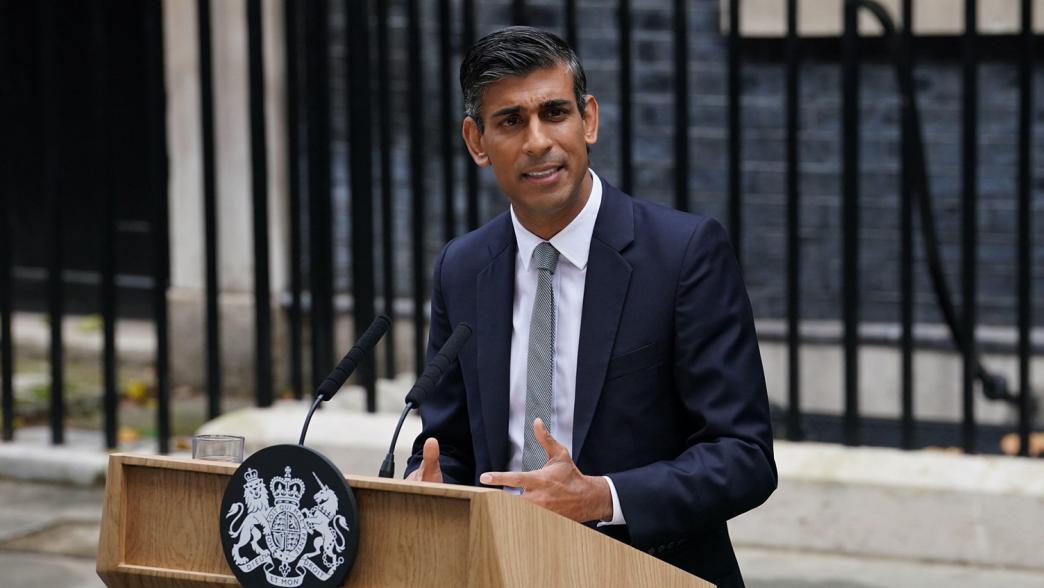
From the economy to relations with the EU, standards in government to machinery of government, policy shifts to party management, how has Rishi Sunak’s first year as prime minister worked out?
Sunak has struggled to break free of Truss’s damaging economic legacy
Rishi Sunak began his premiership as the sole Conservative to stand against the tax-cut-driven fiscal madness that characterised Liz Truss’s brief spell in power. To reverse the damage during that time, his first weeks in No.10 were dominated by an autumn statement of quite exceptional grimness: an unpleasant dish of cancelled tax cuts, spending constraint, flavoured with forecasts of recession, rising interest rates and a cost of living crisis.
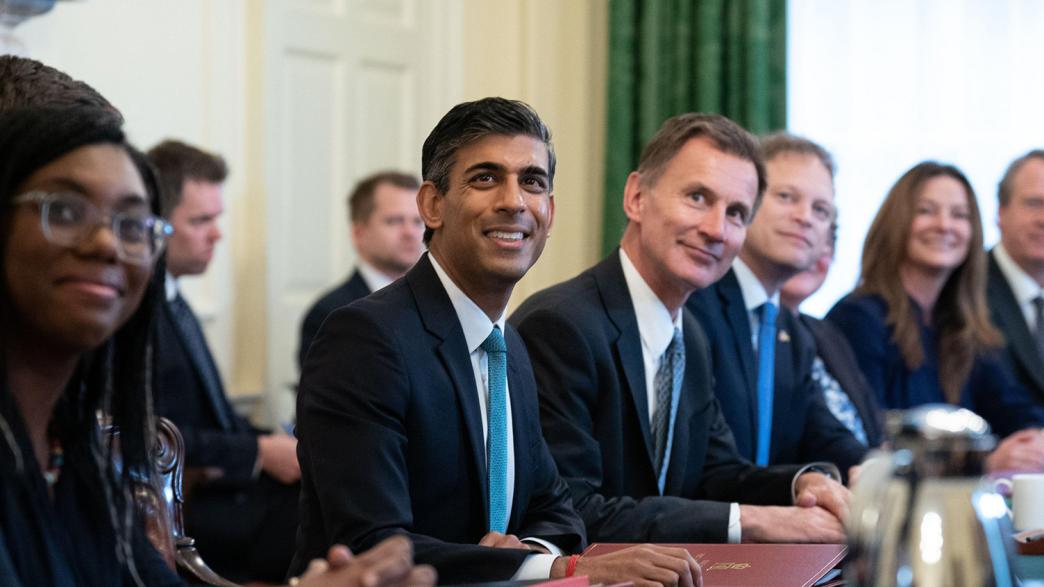
Given this starting point, Sunak might feel some satisfaction at how the past year has proceeded – and resentment not to be enjoying more credit. The recession has been skirted, thanks in part to lower-than-expected energy prices. Statistical revisions mean the UK is no longer an international laggard in terms of post-Covid growth. Sensible policy making has returned: foremost the Windsor Framework calming UK–EU relations, but also a slew of ideas for raising labour market participation and a significant boost to capital investment incentives.
Yet the opposition still leads in polls of perceived economic competence. Why? There are three broad answers. First, inflation has proven more stubborn than expected, in spite of relatively calmer energy markets. It is becoming embedded in the domestic economy through wage claims, which necessitates tougher medicine. Second, and a direct consequence, interest rates are higher for longer. Bond yields are even above the worst moments of the Truss premiership. This knocks on directly to the Treasury’s steepling debt bill.
It is no comfort to note that this is an international phenomenon. None is Sunak’s fault directly, unless you blame his Covid-era largesse as chancellor. But, the third reason, Truss’s spell in power has inextricably linked in the public mind high interest rates and cost of living pressures with this government. It is hardly a fair reward for Sunak’s principled stance against easy-sounding solutions. Now, as the Conservatives face a potential electoral disaster, the voices calling for crowd-pleasing tax cuts will grow louder. The real test of Sunak’s principles is yet to come.

Inflation has proven more stubborn than expected.
Sunak has taken some steps to improve standards in government, but much remains to be done
Failing to take a stand against poor behaviour in government – from lobbying to partygate to sexual misconduct – was what ultimately ended Boris Johnson’s premiership, and Rishi Sunak came into office promising to do things differently. In his first year, he has shown that he does want to take a different approach to both his recent predecessors: he has set up independent investigations into ministers accused of poor behaviour, unlike Boris Johnson; and appointed an independent adviser on ministerial interests, unlike Liz Truss. But Sunak’s government was still plagued by scandal in its early months, with Gavin Williamson and Dominic Raab both stepping down after being accused of treating colleagues poorly, and Nadhim Zahawi being fired over his tax affairs.
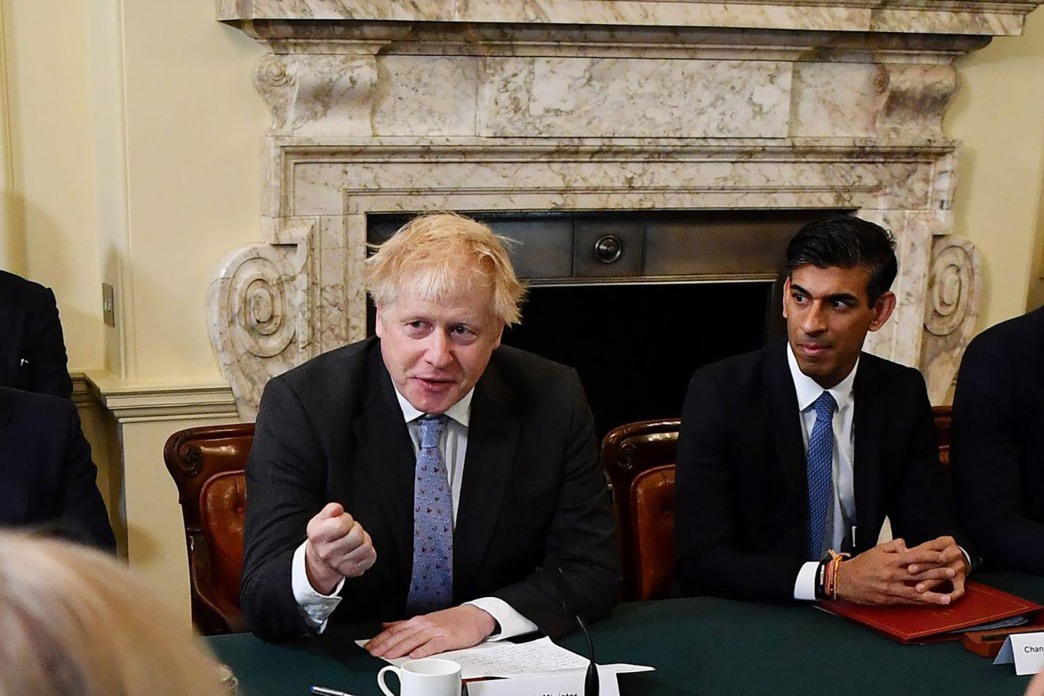
This was why the government’s response to recommendations from the Committee on Standards in Public Life (CSPL) was so eagerly anticipated: it was a chance for Sunak to show exactly how he was going to meet his pledge on Downing Street to lead a government of “integrity, professionalism and accountability at every level.” Unfortunately, despite some steps forward, the government rejected most of the CSPL’s recommendations, and where it did accept them, it did so with vague pledges to improve in the future, rather than tangible commitments to change now. While he meets the low bar of taking standards more seriously than Johnson, Sunak missed his big opportunity to really reform ethics in government.

The government has rejected most of the CSPL’s recommendations on improving standards in public life.
Sunak has improved relations with the EU – but has yet to get government back in Northern Ireland
When Rishi Sunak became prime minister, relations with the EU were in the deep freeze due to the stand-off over the Northern Ireland protocol and the caretaker government in Northern Ireland had just ended, leaving officials in sole charge. The government was also set on major legislation to repeal most secondary EU law unless explicitly “saved” by a deadline of end 2023 – with the aim of kicking Whitehall into the search for Brexit opportunities.
One year on, relations with the EU have been reset through the agreement on the Windsor Framework, unveiled in February. The EU moved further than seemed possible at the outset and the UK started implementing the framework on time on 1 October 2023. That agreement paved the way for UK association with two big European programmes – Horizon and Copernicus – to sighs of relief from much of the UK research establishment. The Sunak government has adopted a more pragmatic approach to EU alignment than its predecessors – changing the default in the Retained EU Law Bill to retain rather than revoke in response to business concerns, continuing to recognise the EU’s CE mark and further delaying the introduction of full border controls for fears of cost implications. Sunak himself has established a good relationship with Commission president Ursula von der Leyen.
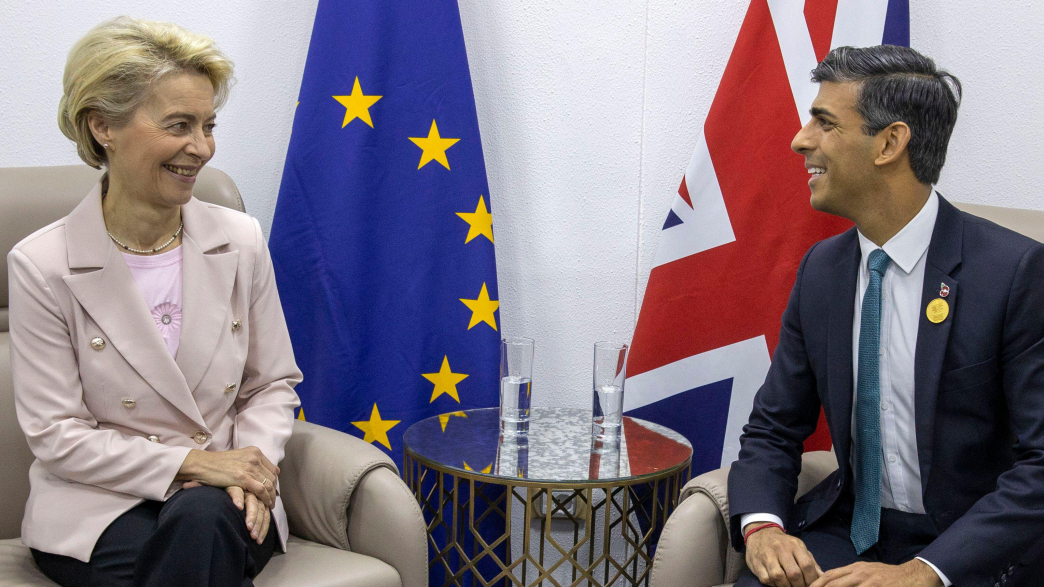
However, the Windsor Framework has yet to achieve its second objective – to restore power sharing in Northern Ireland, where there is a mounting in-tray of problems facing ministers when they return. At the DUP conference, leader Sir Jeffrey Donaldson said they were close to agreement with the UK government – but Sunak’s first anniversary looks like passing with a glaring governance gap in Belfast.
Sunak's machinery of government changes: two cheers for a trio of new departments
In his February 2023 reshuffle, Sunak created three new departments and gutted another: energy and net zero was once again given a separate ministry, while business and trade returned together. A new science, innovation and technology department was more novel, created from chunks of the rest of government, especially the Department for Culture, Media and Sport (DCMS).
‘Machinery of government’ changes are only rarely worth the cost, disruption and distraction. This reorganisation, like all others, prompted months of angst about email and IT confusion and unclear lines of responsibility. But overall it was worth making the changes. The main forerunner department BEIS (Business, Energy and Industrial Strategy) had few supporters, ending up sprawling and unfocused. Going back to the post-war historical norm of an energy department – not just energy and climate change in the 2010s, but ministries of fuel, power and energy from the 1950s – made sense not least because the relevant teams had remained distinct despite the BEIS merger.
Similarly, business and trade have long been aligned. When Theresa May spun out a separate trade department, first under Liam Fox and then Liz Truss, she created a damaging incentive to prioritise closing the deal over getting the best outcome for the country. Internalising more of the trade-offs should lead to better decision making.
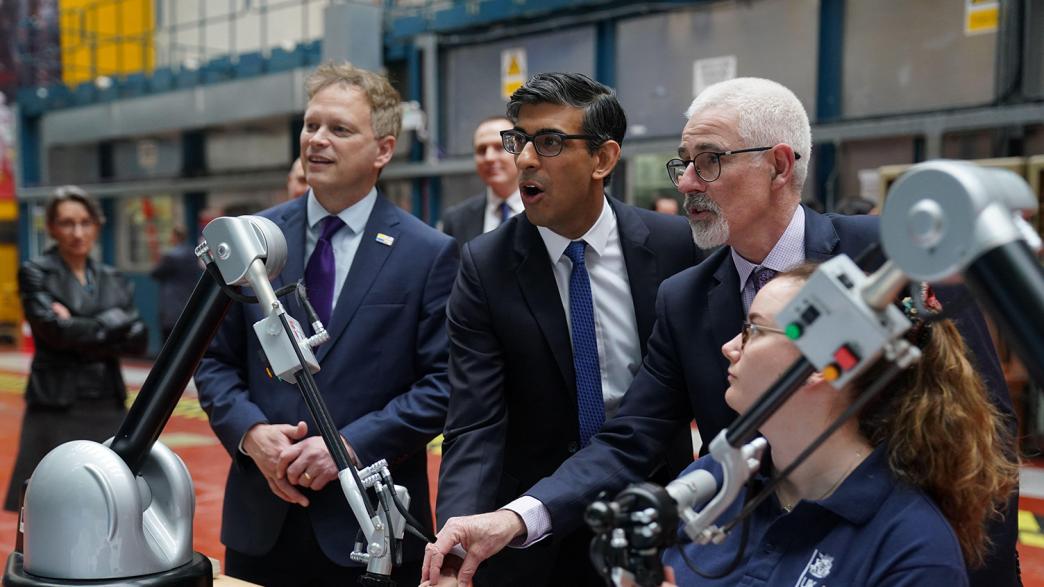
The new science and technology department has the most uncertain future. It has fewer direct policy and operational levers and relies on political and administrative influence for its clout. Sunak obviously cares about the agenda, and for as long as he is prime minister will give the department his support. But how sustainable is the arrangement? For longer-term stability, it would perhaps have been better to build on DCMS’s success in expanding its data and digital capacity. He could have rolled science into a department that was already starting to prove itself under a leadership team developing expertise and experience in the technology and digital arena.
Have big policy surprises revealed what Sunakism really means?
Rishi Sunak took on a mess when he became prime minister and his immediate policy priorities had to revolve around returning the country to some kind of stability. That was largely the focus of the five narrow pledges – three economic objectives along with small boats and NHS waiting lists – on which he has asked the UK public to judge him by the end of 2023.
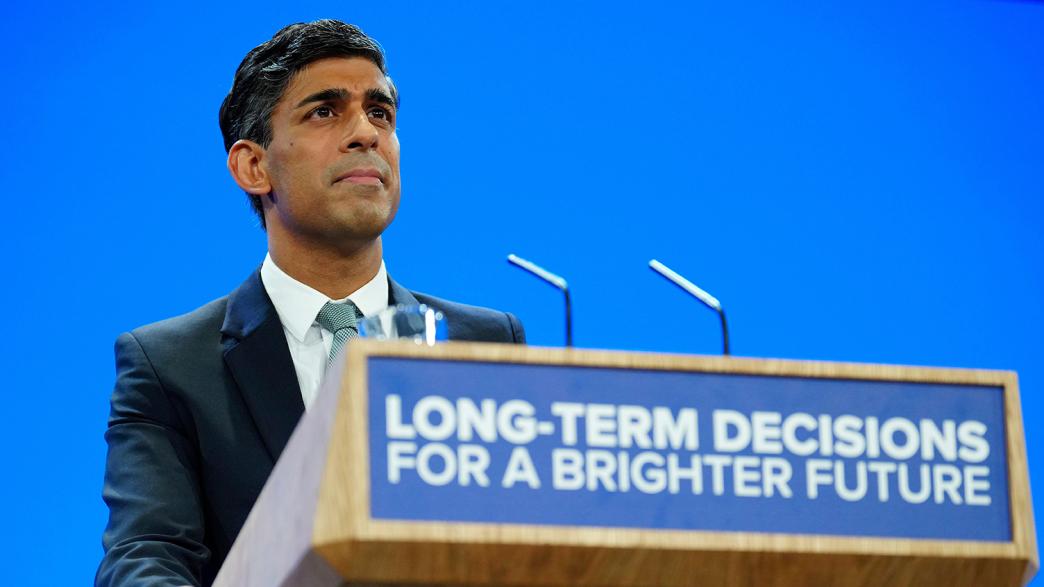
But more recently Sunak has started to shift course and sketch out something broader, all under the mantra of ‘long-term decisions for a brighter future.’ To some extent he has to – the Conservatives are unpopular and Sunak has to try and cast himself as a candidate of change, difficult as that is for the prime minister of a party that has been in power in some form for the last 13 years.
The policy content announced as part of this shift has been mixed though – and shows the tensions which Sunak must work through over the next year.
Some policies do seem to stem more closely from his personal convictions and connect to longer term change – the proposed smoking ban borrowed from New Zealand’s approach, and the reforms to post-16 education – both fit that mould. But his most high-profile policy announcements – rolling back interim net zero targets, car-friendly policies and the cancellation of the Manchester leg of HS2 are largely opportunistic and have little to do with the long-term. Scrapping HS2 is more about creating space for pre-election tax cuts, while flexing some net zero targets opens up an attack line on Labour following the ULEZ-dominated Uxbridge by-election.
And this presents the real challenge for Sunak on over the next year – the choice between policy making for an election, and policy making for a personal legacy.

Rishi Sunak's high-profile policy announcements – including the cancellation of the Manchester leg of HS2 – are largely opportunistic and have little to do with the long-term.
Sunak’s party management problem is getting worse
Rishi Sunak became prime minister when the two potential challengers, Penny Mordaunt and Boris Johnson, dropped out of the contest. In the previous leadership contest to replace Johnson, Sunak had also consistently led in the MPs ballot before the final vote went to the membership – with 118 votes to Truss’s 92 in the final round.

Rishi Sunak at CCHQ after winning the Conservative Party leadership contest following Liz Truss's resignation.
On paper this gave Sunak the backing of his colleagues, but it was a messy mandate. His first cabinet reflected that, keeping eight members of Truss’s cabinet in the same role, as well as bringing back figures from the Johnson, May and Cameron administrations, and making a few new hires of his own. He has also operated in a different way, learning from the failures of the Johnson and Truss administrations by seeing off many potential parliamentary battles before they broke out. In the aftermath of the Truss premiership, Sunak’s steadying the ship approach was therefore enough to keep opposition muted, or at least keep it to only the most outspoken members of his party. With an election at most a year away, and the party’s polling not improving, managing the Conservative Party over the next year will be a lot harder for Sunak than his first year in office.
From banning conversion therapy to banning no-fault evictions, Sunak faces issue after issue on which his party cannot agree. He will face pressure for big ideas in the King’s Speech on 7 November and pressure for tax cuts at the autumn statement on 22 November. The challenge is both to convince his party he can win the next election, while also using the time before then to govern well.
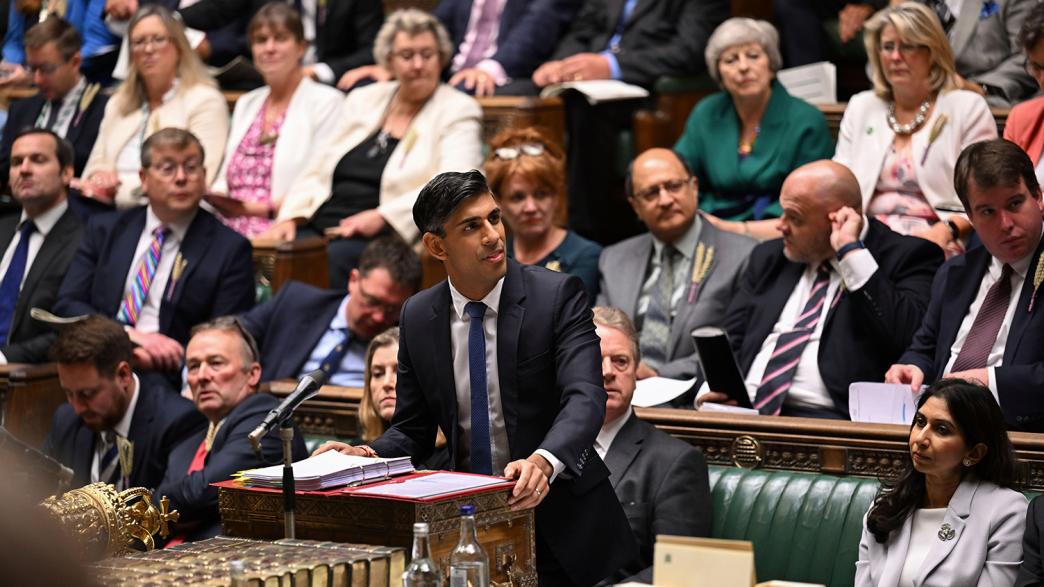
Sunak’s other problem is he has already conducted a reset, coming out of the autumn break with a change of personnel in No.10 and a supposed shift in approach. But the relaunch quickly stuttered as leaked net zero plans required a hurriedly put together speech, and leaked HS2 plans resulted in a long delay before Sunak finally cancelled the second leg. With the recent by-election losses, and a lacklustre party conference, Sunak now faces a fractured party failing to agree on how the next election should be fought.
- Keywords
- Economy Public spending Tax Budget Spending review Ethical standards Cabinet Northern Ireland protocol Machinery of government Business Trade General election Environment High Speed 2
- Political party
- Conservative
- Position
- Prime minister
- Administration
- Sunak government
- Department
- Number 10
- Public figures
- Rishi Sunak
- Publisher
- Institute for Government